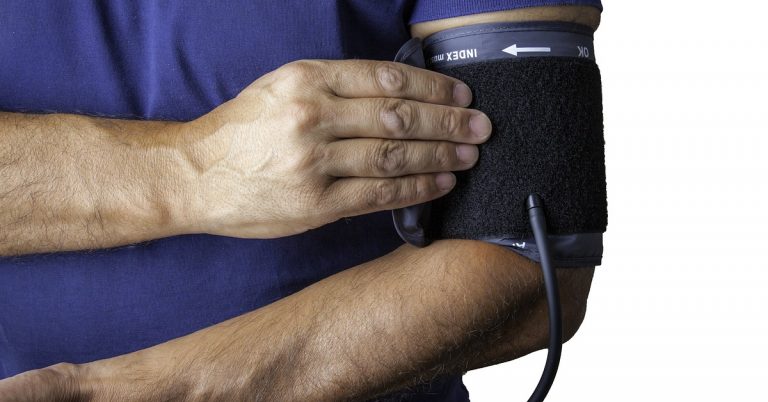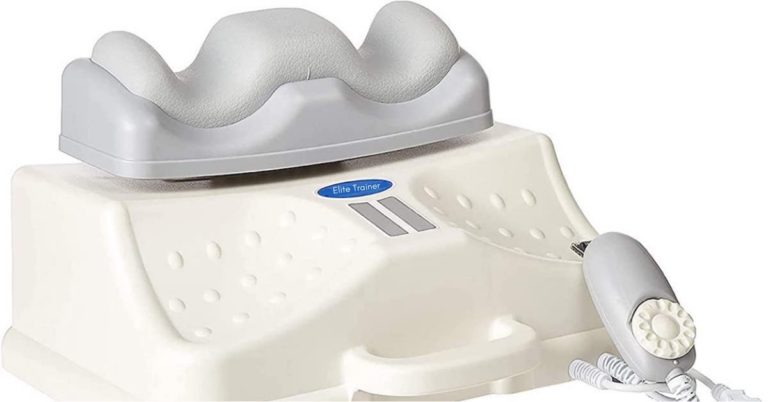Usually a problem on the outside of the body is reflective of a problem on the inside of the body. Whenever a skin issue occurs, one of the first areas to address is the health of your digestive system. The lining of the gut is considered by many experts as your “second skin.” It’s a barrier that allows nutrients in and keeps foreign particles out. If you have a problem with digestion and absorption of nutrients, your body will steal from its largest organ – that is, the skin – and if the gut lining is inflamed, it can cause a systemic, whole-body effect and that may very well involve… you guessed it, your skin! So there’s no doubt that the inside can affect the outside, but the opposite is true as well.
We know that bacteria in our bodies outnumber human cells somewhere in the neighborhood of ten to one. That means that we are more bacteria than we are human. We have a symbiotic relationship with these critters: we provide a home for them and in return they contribute to pretty much every aspect of our life, from our immunity and digestion, to our thoughts and emotions, to healing and repair, to body composition… you name it!
The human body harbors both good and bad bacteria. For optimal health, you should be a good host to the good bacteria and a bad host to the bad bacteria. Obviously, what you put in your body is important, but equally important is what you put “on” your body and how you treat your skin. You see, bacteria reside there as well and contribute to your health in many ways. For example, beneficial skin bacteria can help heal wounds, provide a youthful appearance, protect you from outside invaders, and so on.
If you constantly wash your hands and body multiple times a day, you can wear down beneficial skin bacteria. And if you use antibacterial soaps, you’ll wipe them out completely! You may think that this ritual cleansing is protecting you, but in reality it makes you more vulnerable. Instead of building up your immunity, you’re pretty much washing it down the sink!
In her seminar Nourishing Traditional Diets, Sally Fallon Morell mentions that it’s not uncommon for mothers in China to abstain from bathing for up to a month after giving birth. Pathogens build up on the skin and in the breast milk which, believe it or not, helps to program the baby’s immunity for life!
Just like wearing down the lining of your gut can cause leaky gut syndrome, wearing down your skin by overwashing and overexposure to toxic chemicals (found in soaps, shampoos, hair products, moisturizers, deodorants, cosmetics, laundry detergents, and fabric softeners) can lead to “leaky skin” and that can have serious consequences on your health, not just locally but systemically as well.
Now, I’m not suggesting that you don’t shower or bathe. You won’t be very popular if you go that route! What I’m suggesting, however, is that you reduce the number of times that you wash your skin, limit the areas that you wash especially after sun exposure since that can effect your vitamin D absorption, and reduce the number of chemicals that you apply to your skin. Remember the golden rule: If you’re not willing to eat it, don’t put it on your skin!
And if you’re currently experiencing some type of skin condition – for example, eczema, psoriasis, a wound or scar, acne, rash, dry skin, dandruff, chapped lips, and so on – try adding some good bacteria to the area. You can use a fermented food like kefir or yogurt if you wish, but I suggest you try mixing some probiotics to a little bit of coconut oil and apply that to the area. I picked up this tip from Dr. Kara Fitzgerald from the recent Microbiome Medicine Summit, and I have a gut feeling that it may help.

Normal Blood Pressure with Red Meat and Salt
I checked my blood pressure this morning. This was taken after breakfast, which included a double espresso and two glasses

Chi Machine Power Nap
Back in 2007, my colleague Yusuf Omar introduced me to this neat device. It’s called a Chi machine. The first

6 Tips for a Good Night’s Sleep
Getting 7-9 hours of sleep can help you reduce the risk of health problems like cardiovascular disease, diabetes, and depression.
follow
Error: No feed with the ID 2 found.
Please go to the Instagram Feed settings page to create a feed.
